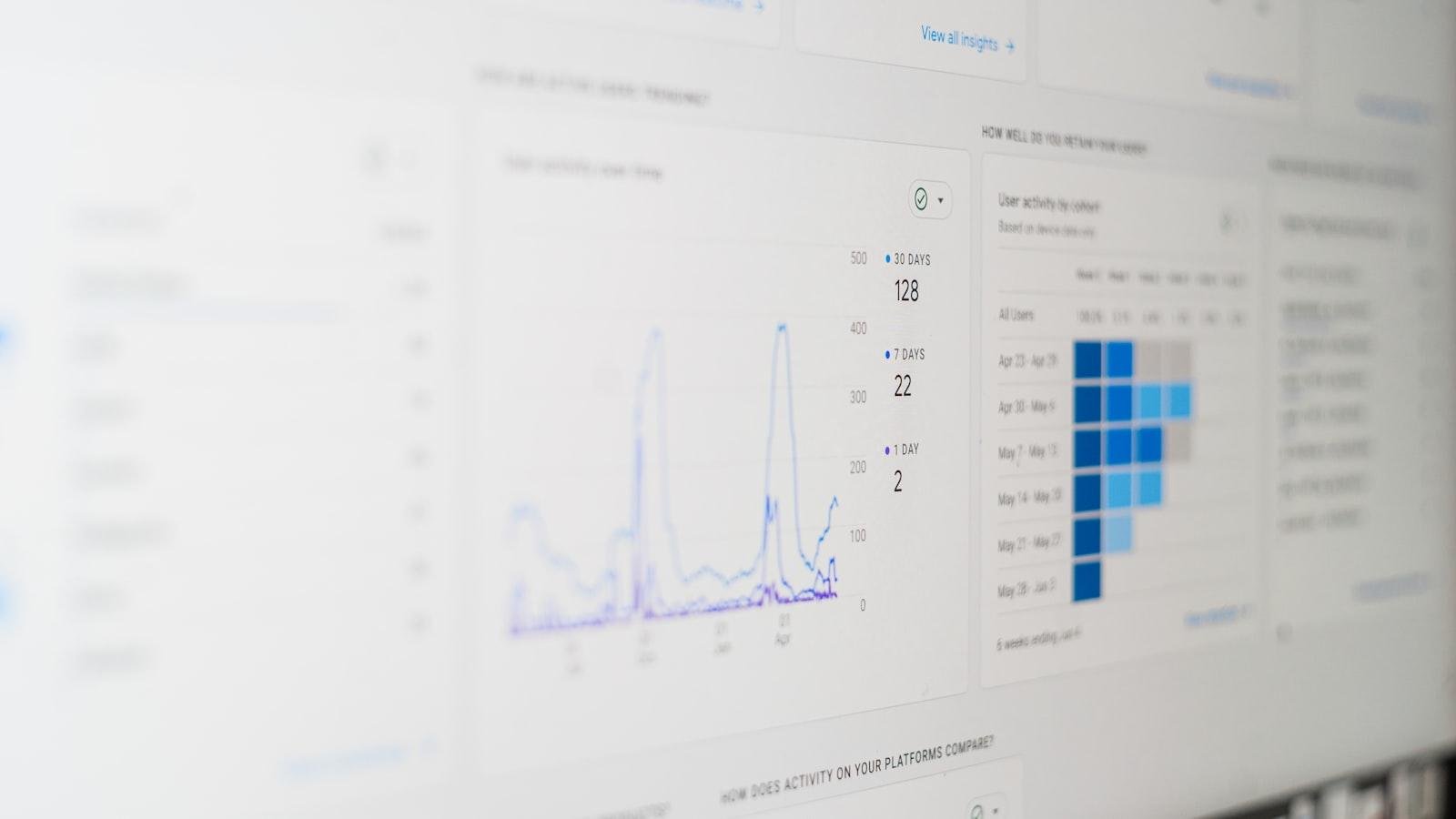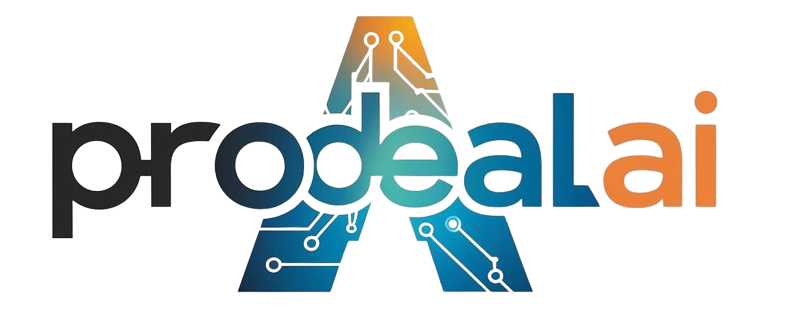In a rapidly evolving technological landscape, the intersection of artificial intelligence, automation, machine learning, robotics, data privacy, ethics, and more has ignited a complex and multifaceted discourse on the future of work, governance, and societal impact. From concerns over bias and discrimination in algorithms to the implications of surveillance technology and cybersecurity threats, the ethical, legal, and social implications of these advancements are becoming increasingly prevalent. This article delves into the myriad issues surrounding AI ethics, data protection, job displacement, privacy rights, and the need for regulatory frameworks to navigate the complexities of our digital age. Join us as we explore the ethical considerations, challenges, and opportunities presented by the ever-expanding realm of artificial intelligence and its far-reaching effects on our society.

Challenges and Opportunities of Artificial Intelligence Ethics in Governance
As we navigate the complex landscape of artificial intelligence ethics in governance, it is crucial to address the myriad challenges and opportunities that arise. The integration of AI technologies such as automation, machine learning, robotics, and data analytics brings forth a host of ethical considerations, from data privacy and algorithmic bias to transparency and accountability. The digital divide poses a significant challenge in ensuring equitable access to AI benefits, while concerns around employment, surveillance, and discrimination underscore the need for robust governance frameworks and regulations.
At the same time, the potential for AI to drive innovation and efficiency in governance processes cannot be understated. By leveraging AI technologies in a responsible and ethical manner, we can harness their power to enhance decision-making, streamline operations, and improve public services. From mitigating bias and ensuring fairness to upholding privacy rights and promoting digital empowerment, upholding ethical AI principles is essential for creating a future where humans and machines can collaborate effectively for the greater good.

Impact of Automation and Machine Learning on Future Workforce
In the ever-evolving landscape of technology, the integration of artificial intelligence, machine learning, and automation has drastically transformed the way we work. With the rise of robotics and data-driven decision-making processes, the future workforce is facing a multitude of challenges and opportunities. From job displacement to ethical concerns surrounding bias in algorithms, the impact of these technological advancements is far-reaching.
-
- Technological Displacement: As automation and AI continue to streamline and optimize processes, there is a growing concern about the displacement of human workers. This shift in the workforce raises questions about the future of employment and the need for worker retraining programs.
-
- Data Privacy and Ethics: The collection and utilization of vast amounts of data for machine learning algorithms raise ethical concerns surrounding data privacy, consent, and accountability. It is essential to establish robust governance frameworks and regulations to ensure the responsible and ethical use of AI technologies.

Ensuring Data Privacy and Security in the Age of Robotics and AI
As technology continues to evolve at a rapid pace, the importance of cannot be overstated. With advancements in artificial intelligence, automation, machine learning, and robotics, there are growing concerns surrounding data ethics, bias, algorithmic decision-making, and privacy rights. As we delve deeper into the realms of deep learning, facial recognition technology, and the Internet of Things (IoT), it is crucial to address issues such as discrimination, transparency, accountability, cybersecurity, and surveillance.
-
- AI ethics guidelines
-
- Fairness in AI
-
- Data protection laws
-
- Technological displacement
Moreover, as we navigate the complex landscape of AI governance frameworks, digital rights management, and AI safety, it is essential to prioritize human-centered AI design, bias mitigation, and the development of ethical AI policies. By fostering AI literacy, promoting AI for social good, and implementing AI impact assessments, we can strive towards a future where technology serves as a force for positive change while upholding fundamental values such as privacy, security, and equality.
-
- AI and healthcare
-
- AI and education
-
- AI and economic inequality
-
- AI and creativity

Strategies for Mitigating Bias in Algorithmic Decision-Making
In order to address the issue of bias in algorithmic decision-making, it is crucial to implement a series of strategies that promote fairness, accountability, and transparency. By incorporating the following measures, we can work towards mitigating bias in artificial intelligence systems:
-
- Continuous Monitoring: Regularly assess algorithms for any signs of bias or discrimination.
-
- Diverse Data Sets: Ensure that the data used to train algorithms is representative of the population it serves.
-
- Algorithm Audits: Conduct regular audits to identify and rectify any biases in the decision-making process.
-
- Stakeholder Involvement: Involve a diverse group of stakeholders in the development and deployment of AI systems to prevent bias.
By incorporating these strategies into the design and implementation of AI technologies, we can create more inclusive and equitable systems that prioritize fairness and accountability.
To Conclude
As we delve deeper into the world of artificial intelligence, automation, machine learning, robotics, and more, it is crucial to consider the ethical implications and impact on society. From data privacy and bias to transparency and accountability, the future of work is evolving rapidly. It is important to address issues such as discrimination, surveillance, cybersecurity, and trust, while also focusing on governance, regulation, and privacy rights. As technology continues to advance, we must prioritize fairness, bias mitigation, and ethical AI design. By implementing AI ethics guidelines, accountability mechanisms, and AI governance frameworks, we can strive towards a future that prioritizes human-centered AI and protects digital rights. It is essential to consider the impacts of AI on employment, displacement, and worker retraining, as well as the need for AI regulation and job displacement measures. Together, we can shape a future where technology works for the greater good and enhances our lives in ethical and responsible ways.


